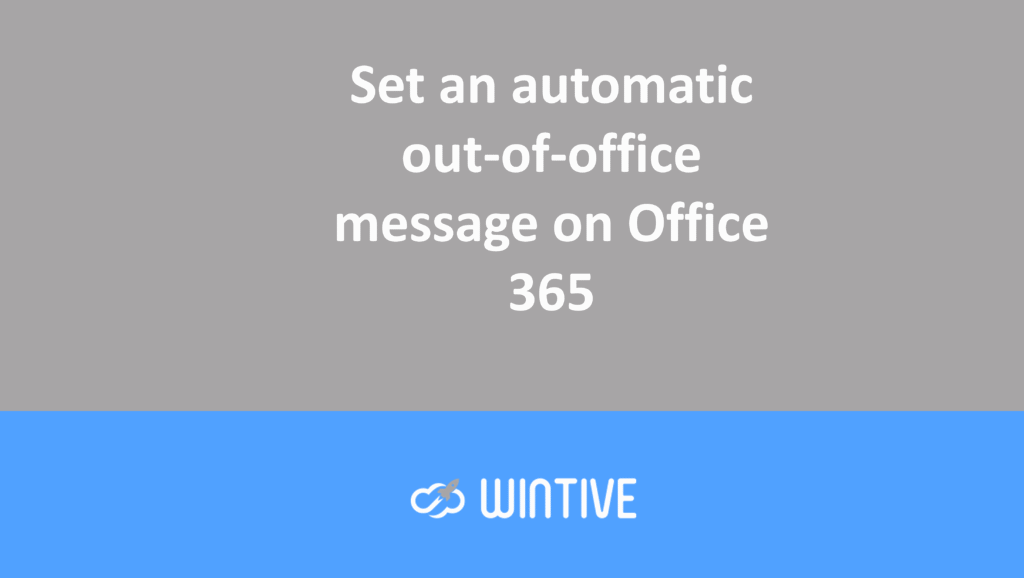Hidden Features of Microsoft 365 E3 License
For many organizations, Microsoft 365 represents a significant investment. However, Microsoft 365 E3 licenses offer numerous benefits that many organizations are unaware of. These include features that benefit productivity, compliance, security, and device management. Therefore, I want to share with you some of the hidden features that can be found in a Microsoft 365 E3 license.
Productivity
Microsoft 365 E3 includes excellent collaboration and productivity tools, such as Exchange Online, Teams, and SharePoint. However, it also offers lesser-known productivity features like Power Virtual Agents for Microsoft Teams. Ultimately, Power Virtual Agents for Teams lets you create custom chatbots directly within Teams, using Dataverse for Teams .
If you want to use premium connectors or an on-premises gateway, you’ll need to upgrade your license. Power Virtual Agents has many use cases:
- An FAQ bot allowing users to ask questions about HR processes and information.
- Self-service bot allowing users to request new equipment
- Sales Help and Support Questions
- COVID-19 infection rates and tracking information
You can create chatbots that integrate easily with Microsoft Teams, making it easy to answer questions from colleagues or teammates. Power Virtual Agents can save a lot of time and resources by generating fewer tickets. This is how you can create a chatbot without code in 5 minutes. Search for Power Virtual Agents in the Teams app store and customize your questions, user options, and responses:

Compliance
The growing amount of data collected worldwide raises concerns about privacy. This could also threaten the organization’s regulatory compliance. As part of Microsoft 365 E3, information protection tools can help overcome this challenge. These tools also help locate, classify, and protect data wherever it resides.
Microsoft Information Protection (MIP)
In Microsoft Information Protection (MIP), administrators can create classification labels based on data sensitivity. Sensitivity labels can be applied to files, emails, SharePoint sites, and Microsoft Teams. Organizations can define their sensitivity labels, such as Public, Confidential, and Highly Confidential. End users apply the labels manually, so the data is protected and watermarked according to your configuration.
Many people aren’t aware that you can apply these labels to Microsoft Teams. Recent updates have made it possible to view protected documents in Teams and in browsers. And Office has also been improved, making co-authoring available.
When a user creates a team and marks it as highly confidential, they will need to designate the team as private. This will limit the privacy options:

This is useful to ensure that confidential teams are not accessible to the entire company. This helps prevent guest users from being added to the team.
Data Loss Prevention (DLP)
Another compliance feature of Microsoft 365 E3 is data loss prevention. With Data Loss Prevention (DLP), administrators can apply policies to sensitive data. This helps protect it and prevent data leaks. Administrators can apply DLP policies to Exchange, SharePoint Online, and OneDrive for Business. It’s worth noting that policies are applied automatically and are determined by the type of sensitive information.
Microsoft provides sensitive information type templates in the M365 Compliance Center for this purpose. When a file containing sensitive information is opened, the DLP policy in effect in the admin center will automatically apply:

In the figure above, a user created a new file in SharePoint Online containing a credit card number. DLP policy is therefore applied to prevent this information from leaking outside.
However, few people know that you can customize your sensitive information types. You can define what you consider sensitive, for example, keywords or employee/customer numbers. Customizable sensitive information types are classifiers and consist of:
- Regular expression
- Keyword lists
- Dictionary of keywords
- Functions
- Confidence levels
Customizable sensitive information types can be used in DLP and sensitivity labeling in MIP. Retention labels can help protect sensitive information in your organization. Microsoft E5 offers automatic labeling and DLP policies in Teams Chat and Channel Messages. This license also provides the ability to apply DLP labels and policies to devices and third-party applications.
Security
The first step in protecting your company’s data is managing and securing access to it. However, many organizations have not enabled multi-factor authentication. However, multi-factor authentication can protect your data while reducing the risk of a compromised password.
The authentication process requires a second verification step (sending a code to a mobile device or Microsoft Authenticator app). It’s not an ideal user experience if users have to authenticate each time they log in. This is where conditional access comes in.
Devices
Few businesses realize that with Microsoft 365 E3, they have all the technology they need to implement Windows Autopilot. You can use Windows Autopilot to wipe, reassign, and recover devices—all without ever touching the device.
Intune, Windows 10 + 11, and Azure AD are some of the components of Windows Autopilot that enable device provisioning. A user can have a new device delivered to their home/site by a provider.
Once the user opens the box, they turn it on and log in to the device with their work credentials. Shortly after the user logs in, the out-of-the-box device becomes operational. After deploying Intune policies and apps, it automatically builds:

The ability for organizations to easily manage devices has been essential in the hybrid work world. And Windows Autopilot allows them to do just that.
Conclusion
All in all, these are the hidden features in Microsoft 365 E3. The license contains so much that some features fly under the radar, like Dataverse for Teams.

